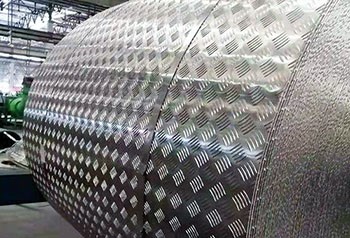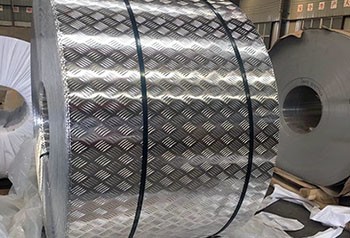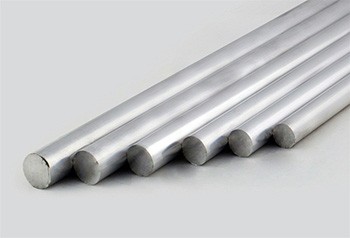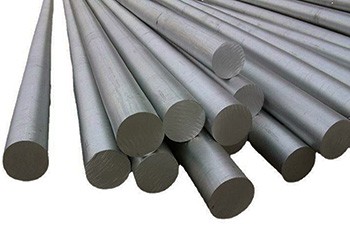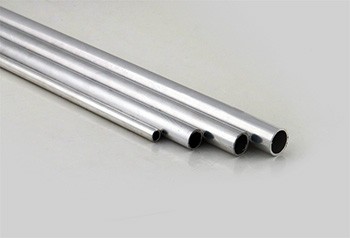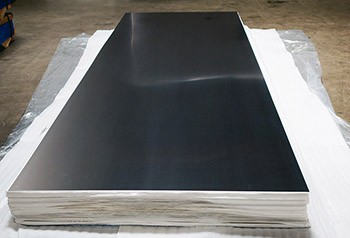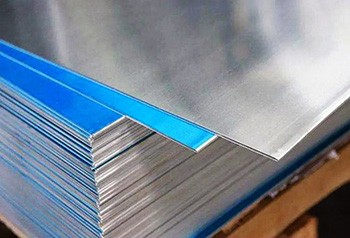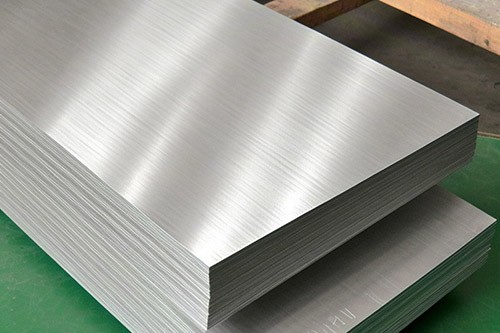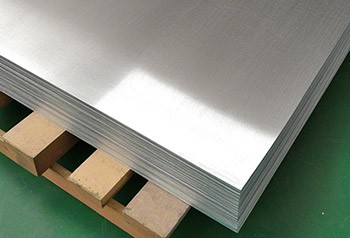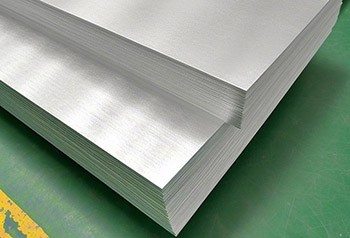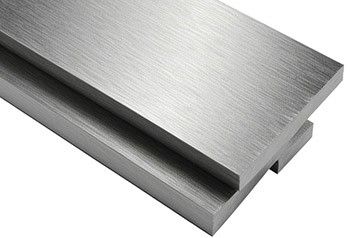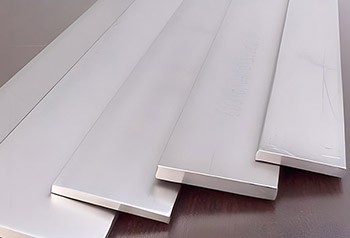5086 and 5083 Aluminum Materials in Shipbuilding
Last Updated :
Similar to 5083, 5086 aluminum alloy also has good corrosion resistance and weldability, but its strength is slightly lower than that of 5083, making it suitable for relatively lighter structures.
In shipbuilding, the choice between 5086 aluminum alloy and 5083 aluminum alloy mainly depends on specific application requirements and structural needs. 5086 aluminum alloy is suitable for secondary structures and lightweight vessels, while 5083 aluminum alloy is better suited for primary structures and larger vessels that need to withstand high loads.
- 5086 aluminum alloy: Similar to 5083, 5086 has excellent corrosion resistance and weldability, but its strength is slightly lower than that of 5083, thus it is typically used for secondary structures or small vessels.
- 5083 aluminum alloy: More suitable for high-load-bearing hulls and other structural applications, especially in larger vessels and components that require higher strength.
Comparison of 5086 vs 5083 Aluminum Alloys in Shipbuilding
Below is a comparison table of 5086 aluminum alloy and 5083 aluminum alloy in shipbuilding:
| Characteristics/Alloy | 5086 Aluminum Alloy | 5083 Aluminum Alloy |
| Corrosion Resistance | Excellent, particularly suitable for marine environments | Excellent, suitable for high-temperature and marine environments |
| Weldability | Good, suitable for various welding processes | Excellent, suitable for various welding techniques |
| Primary Applications | Small vessels, superstructures, linings, and partitions | Hulls of large vessels, ballast tanks, main beams, etc. |
| Advantages | Good corrosion resistance, lightweight | High strength, excellent corrosion resistance |
| Disadvantages | Limited load-bearing capacity | Higher cost, greater difficulty in processing |
Choosing 5086 Aluminum Alloy for Shipbuilding
Characteristics of 5086 Aluminum Alloy
- 5086 alloy has good corrosion resistance, especially in marine environments, capable of withstanding saltwater corrosion.
- 5086 has good weldability, making it suitable for various welding processes.
- Strength: The strength is lower than that of 5083, making 5086 aluminum alloy suitable for secondary structures or small vessels.
Applications of 5086 Aluminum Alloy
- Superstructures and decks of vessels
- Hulls of small commercial vessels and yachts
- Linings and partitions of vessels
- Hulls and decks of small vessels and yachts
- Cabins, partitions, and other non-load-bearing structures of vessels
- Hulls and protective devices of vessels, especially in situations where weight is a strict requirement.
Advantages and Disadvantages of 5086 Aluminum Alloy
- Advantages: Excellent corrosion resistance, good weldability, and lightweight.
- Disadvantages: Limited load-bearing capacity, not suitable for extremely high loads or structural applications.
Choosing 5083 Aluminum Alloy for Shipbuilding
Characteristics of 5083 Aluminum Alloy
- 5083 has excellent corrosion resistance, especially in high-temperature and marine environments.
- It has outstanding weldability, suitable for various welding techniques.
- Strength: 5083 aluminum alloy has high strength, typically used for structures that need to withstand high loads.
Applications of 5083 Aluminum Alloy
- Hull structures of large vessels
- Ballast tanks and other high-strength components
- Main beams and support frames of vessels
- Hulls and main structures of large commercial vessels, cargo ships, oil tankers, etc.
- Critical components requiring high strength and durability, such as frames and support structures of vessels.
- Specialized vessels, such as warships and rescue boats, which require high strength and reliability.
Advantages and Disadvantages of 5083 Aluminum Alloy
- Advantages: High strength, capable of bearing larger loads, and excellent corrosion resistance.
- Disadvantages: Relatively higher cost compared to 5086 and more difficult to process.
How to Choose Between 5086 and 5083 Aluminum Alloys in Shipbuilding
- 5086 aluminum alloy: Suitable for lightweight structures where strength is not a primary concern, focusing on corrosion resistance and weldability, such as small vessels, superstructures, and non-load-bearing components.
- 5083 aluminum alloy: Suitable for primary structures requiring high strength and load-bearing capacity, such as large hulls and components that need to withstand high loads.
Marine aluminum products you may be interested in
Tags: Marine Grade Aluminum 5083 Marine Aluminum 5086 Aluminum for Shipbuilding 5 Series Marine Aluminum

